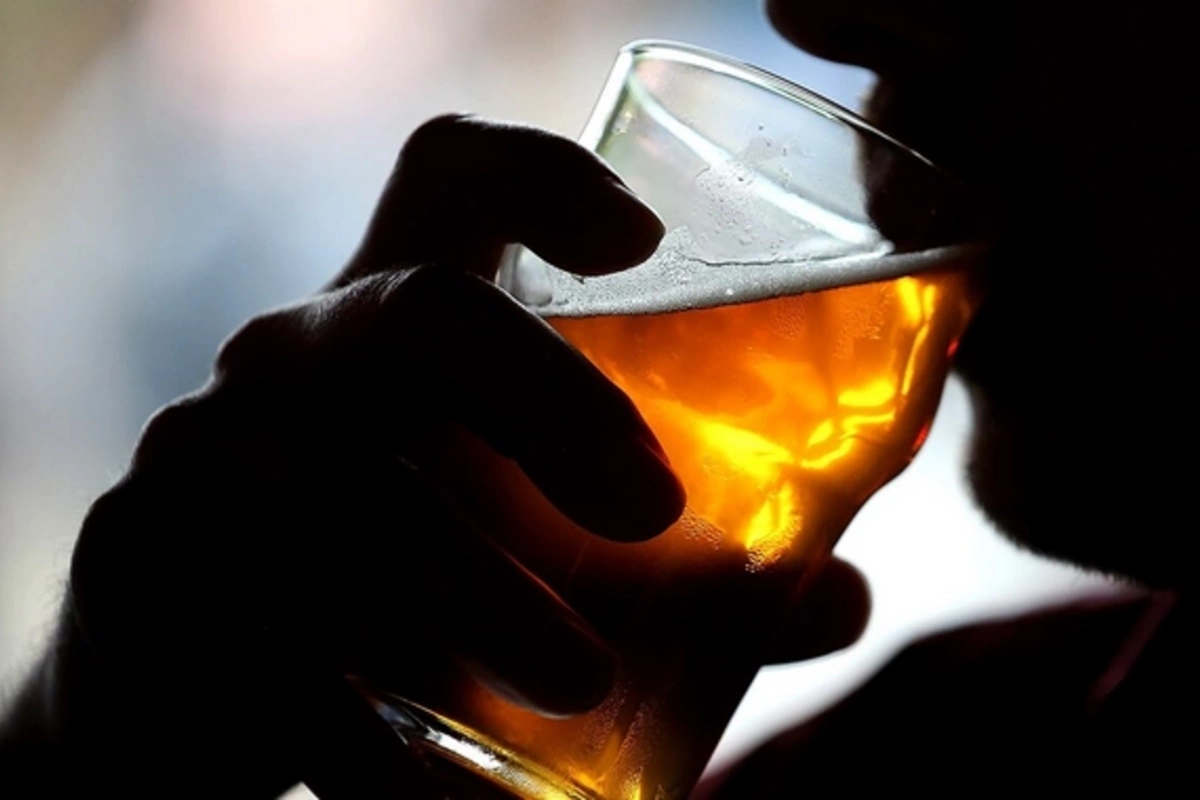18 Jun , 18:57
0

Beer - the most popular alcoholic beverage, hiding a serious health threat. New studies sound the alarm!
Scientists warn: even low-alcohol beverages, including everyone's favorite beer, significantly increase the risk of developing oncological diseases, as evidenced by numerous scientific studies.
How alcohol affects body cells
When consuming beer, ethanol in the body transforms into acetaldehyde – a highly toxic compound that attacks cell DNA. Such damage to genetic material causes mutations, which can subsequently trigger the process of malignant tumor formation.
What types of cancer are associated with beer consumption
Among the oncological diseases whose risk increases with regular consumption of the foamy beverage are:
– cancer of the oral cavity, pharynx, larynx
– esophageal cancer
– liver cancer
– colorectal cancer
– breast cancer in women
Shocking fact: even moderate and irregular beer consumption can significantly increase the likelihood of developing these diseases. Experts emphasize – there is no "safe dose" of alcohol in the context of oncology.
Why beer might be particularly dangerous
The common misconception about beer being less harmful compared to strong drinks leads to its more frequent consumption. This creates a dangerous illusion of safety. In practice, large volumes of consumed beer mean significant intake of ethanol and acetaldehyde into the body, which multiplies health risks. Additionally, beer stimulates appetite, contributing to weight gain, which itself is a risk factor for developing oncological diseases.
How the combination of beer and smoking affects
The classic tandem of "beer and cigarette" represents a deadly dangerous combination. The carcinogenic effects of alcohol and tobacco don't just add up, but multiply each other. Statistics are relentless: people who combine these habits have a risk of developing laryngeal, oral cavity, and esophageal cancer that increases several times compared to those who avoid these harmful addictions.
What doctors and scientists say
The authoritative International Agency for Research on Cancer (IARC) has officially classified alcohol as a Group 1 carcinogen – a substance that definitively causes cancer in humans. It's important to understand that this classification applies to all alcoholic beverages without exception: vodka, wine, champagne, cider, and, of course, beer.
Is there a safe alternative?
For those who care about their health and seek to minimize risks, the optimal solution would be to maximize the reduction of alcohol consumption or completely abstain from it. The modern market offers many delicious and healthy non-alcoholic alternatives: aromatic herbal teas, refreshing natural lemonades, non-alcoholic beer (provided there is a complete absence of ethanol), and nutritious smoothies.
Conclusion
Beer is far from as harmless as is commonly believed in society. Regular consumption of this beverage is directly linked